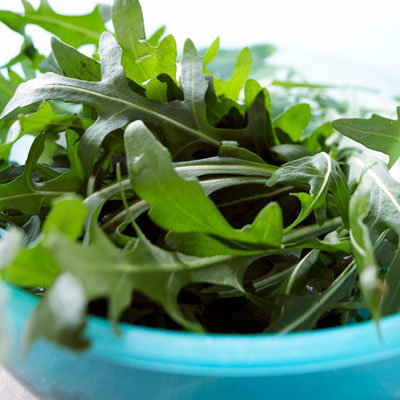The HCG Diet Plan For Weight loss
This is a somewhat controversial diet plan that goes completely against the government's daily recommend calorie intake guidelines of 2,000 calories for a women and 2,500 calories for a male.
The concept behind the HCG diet is to restrict calorie intake, and completely remove any chance of weight gain during the period of time, thus providing an "ideal" situation for a person to lose weight.
The HCG diet advocates that a person eats only 2 meals per day. The two meals are lunch and dinner. There is no breakfast involved with the HCG diet, so this is very contradictory of what many health care professional advice when they say "breakfast" is the most important meal of the day.
There is a very specific eating habit encouraged with the HCG diet, people are advised to eat one source of protein, one source of fruit, one vegetable and one source of bread with each meal.
There is a very limited choice in terms of food groups advocated to eat for the HCG diet, in terms of vegetables choice, a person can choose from the following : spinach, chard, chicory, beet greens, green salad, tomatoes, celery, fennel, onions, red radishes, cucumbers, asparagus, and cabbage.
For the choice of bread, there are only two options, bread stick or a slice of Melba toast. The options for fruit are also very limited to an apple, handful of strawberries, an orange or half of a grapefruit.
In regards to the protein choices the HCG will only allow from a selected few options: veal, beef, chicken breast, fresh white fish, lobster, crab, or shrimp, a person is not allowed to eat any visible fat at all. Salmon, eel, tuna, herring, or dried or pickled fish are not allowed in the plan.
The diet plan allows a person to consume as much tea, coffee and water that they desire during the day. The diet will only allow up to 1 table spoon of milk per day. There is room for a person to use sugar substitutes to give drink added flavouring, but you cannot use pure sugar at all. There is no allowance for oils or butter in the HCG plan.
Most people will find it very hard to sustain this way of dieting. The HCG plan is a very restrictive diet, and can also be very dangerous to a person's health. It is impossible to get all of the body nutritional needs from as little as 500 calories per day, so this can cause serious health issues.
With a very restricted calorie intake a person will lose muscle mass and possible develops other health problems due to a lack of fibre and various other important nutrients needed for the body.
It would become very challenging to get the needed vitamins and minerals with a calorie intake of less than 1,000 calories, without the use of health supplements.
Health care professional like doctors will sometimes recommend a restricted calorie intake of less than 1,000 calories if a person is morbidly obese, or has a serious medical conditional like very high blood pressure, but these are about the only exceptions. These types of restricted diets are always supervised by a doctor on a one to one basis.
The HCG diet plan is not recommend by most health care professionals, as it is considered too dangerous and an unhealthy way to try and lose weight.
Related Articles
-
Vertical sleeve surgery-A trouble-free and easy method to decrease obesity
You can loose your weight very easily by the help of vertical sleeve s
-
Exercise: Essential
The only absolute truth in the area of exercise and
-
Burn the Fat Feed the Muscle - Burn The Fat Scam?
Burn the fat feed the muscle is a best selling E-book about eating and
-
Burn The Fat Feed The Muscle Ebook Tips
Review of Burn The Fat, Feed The Muscle Tom Venutos ebook is one of th
-
Diet Plan For Women
In the old days diet programs for ladies merely included reducing p
-
Reduce Tummy Fat with Simple Stomach Exercises
More and more people are worrying about losing that extra weight stand
- DON'T MISS
- Work Out For Extreme Fitness
- Fat Burning Furnace - Workouts to Get In Shape Fast that Will Get You Back in Your Bathing Suit!
- Exactly how BMI Calculator Operates?
- Does Fat Burning Furnace System Work
- Easy Way To Lose Fat
- Diabetic Diet Foods Eat
- How to Lose Weight Fast: Real Weight Loss vs. Water Loss
- HCG Diet Texas – What Makes It The Best Weight Loss Program
- Fat Burning Furnace - Good Quick Workout That Hits Every Major Muscle in Just 15 Minutes!
- Turbulence Training - The Truth About Losing Fat Fast!




